
Two investment rounds (USD 25M) to build the foundations of an integrated response to online CSEA through focusing on national, regional, and international capacities aligned with the Model National Response (MNR) to prevent online CSEA. Thirty-one grantees were awarded representing organisations across the world.
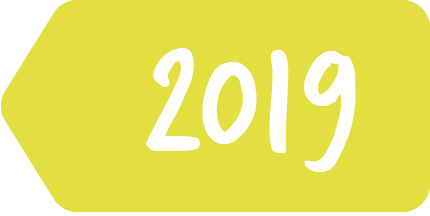
A targeted call focusing on Southeast Asia and Eastern/Southern Africa to generate more data and evidence was launched. It invested US$6.6 million to develop Disrupting Harm, a holistic and innovative research project conducting comprehensive assessments of online CSEA at national and regional levels in 13 countries.
The fourth funding round was launched in September 2019 for USD 10M through an open call for proposals focused on cutting-edge technology tools for the global community to make children safe online. This fourth funding round was followed by two more open calls in 2021 and 2023 focusing on technology solutions (the last one specifically targeting age appropriate and live-streaming solutions).
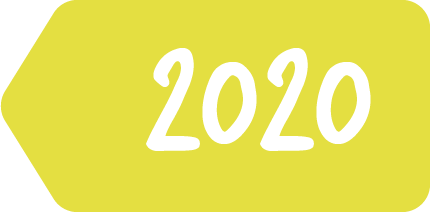

Safe Online and the Tech Coalition launched the Tech Coalition Safe Online Research Fund to prevent online CSEA through technology innovation, collective action, research, knowledge sharing, and increased accountability.
Five grants up to US$1M were awarded for research that aimed to expand knowledge of online CSEA and explore the most effective measures for preventing it. In 2022, a new funding round under this Fund was launched, resulting in eight more grants focusing on prevention and deterrence, detection and reporting, and response and support.
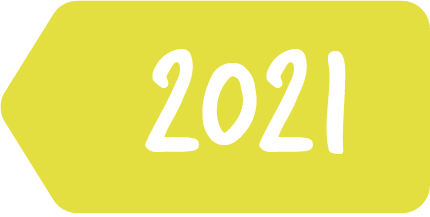
Both open calls build on the previous Safe Online investments. Through the regional open call, this new investment round leveraged the evidence from the large-scale research project Disrupting Harm commissioned by Safe Online in 2019 and supports programmes poised to make country-level change in two target regions: Eastern and Southern Africa and Southeast Asia. The global open call, on the other hand, represents continuation of our 2020 US$ 10 million investment in 15 projects working to develop, adapt and scale technologies to deter online child sexual abuse.
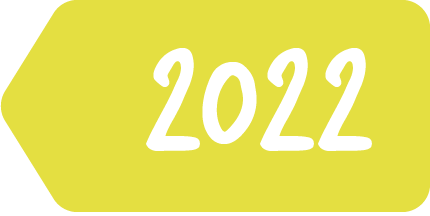
Safe Online launched a targeted call for Evidence Generation for Sustainable and Scalable Impact (US$5.3 million). This call was aimed at evaluating and enhancing selected interventions of previously funded Safe Online projects. Eight projects have been selected to scale up interventions around the globe and generate evidence through robust evaluations, starting in 2023, while ensuring a fair representation of different thematic interventions and geographic areas.
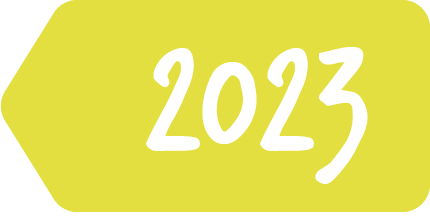
Safe Online announced a new US$ 10 million Global Open Call for Proposals in 2023. The call is split into three distinct investment pillars: Networks and Systems, Research and Data, and Technology Tools. Our ‘whole system’ approach aims to achieve maximum impact by supporting work across multiple sectors to address online child sexual exploitation and abuse (CSEA).
In 2023, the TC Safe Online Research Fund granted 4 awards to further accelerate the work of organisations from the first cohort of grantees.

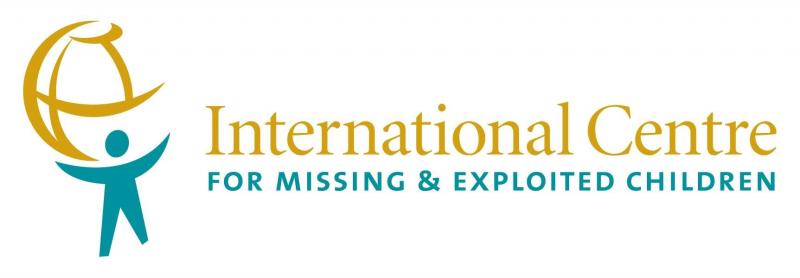

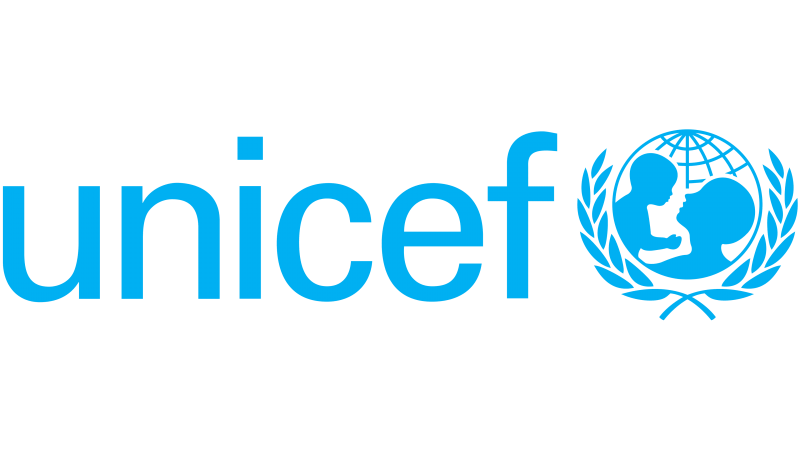
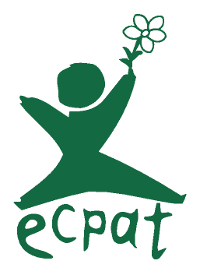

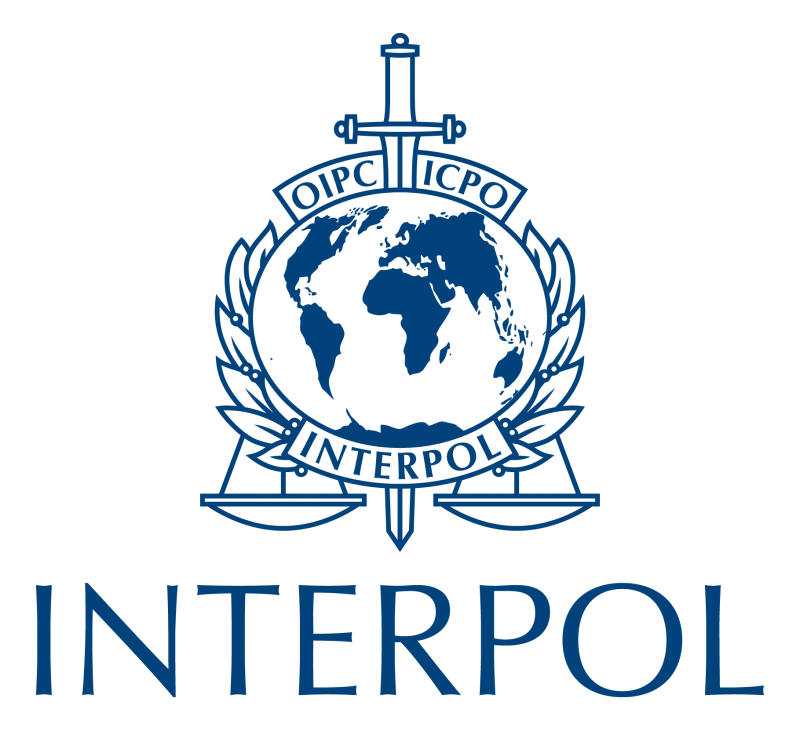
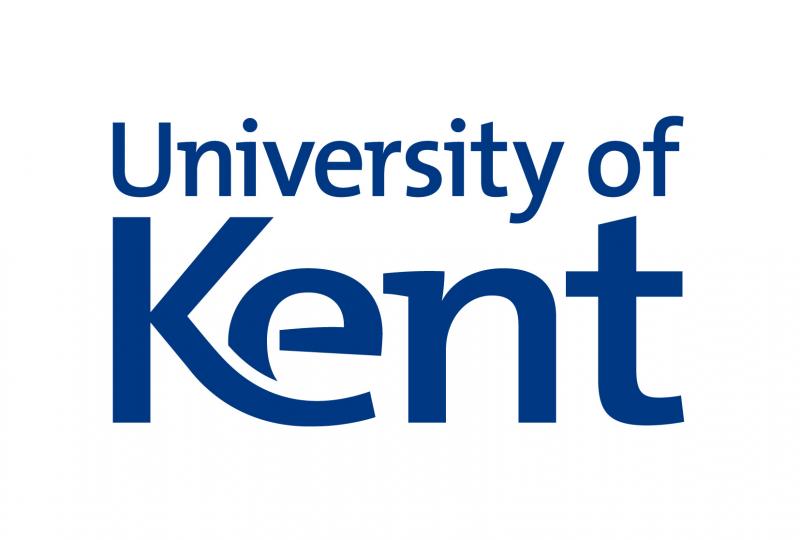

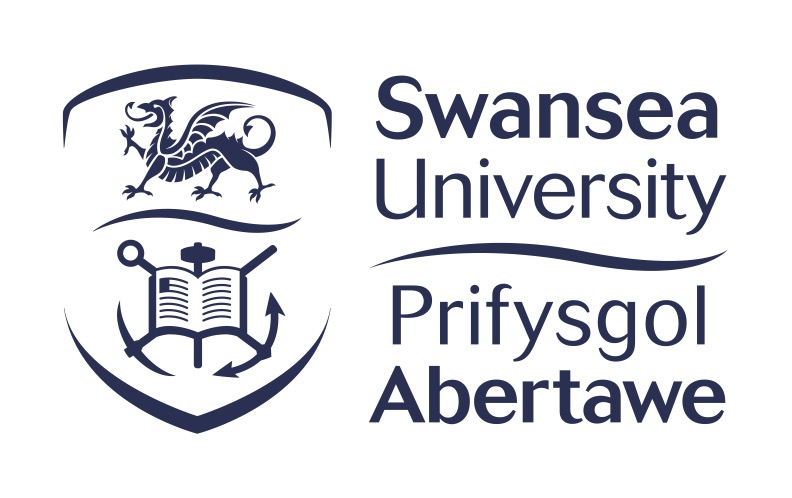








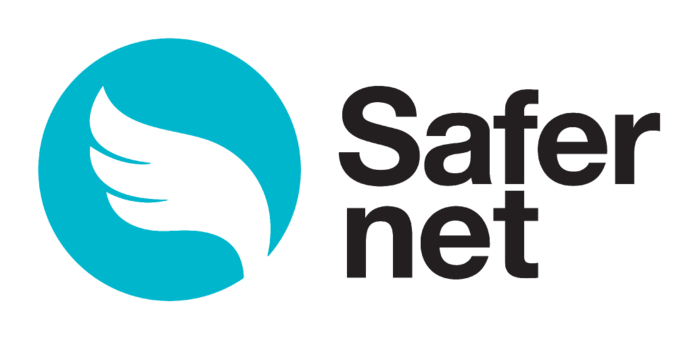


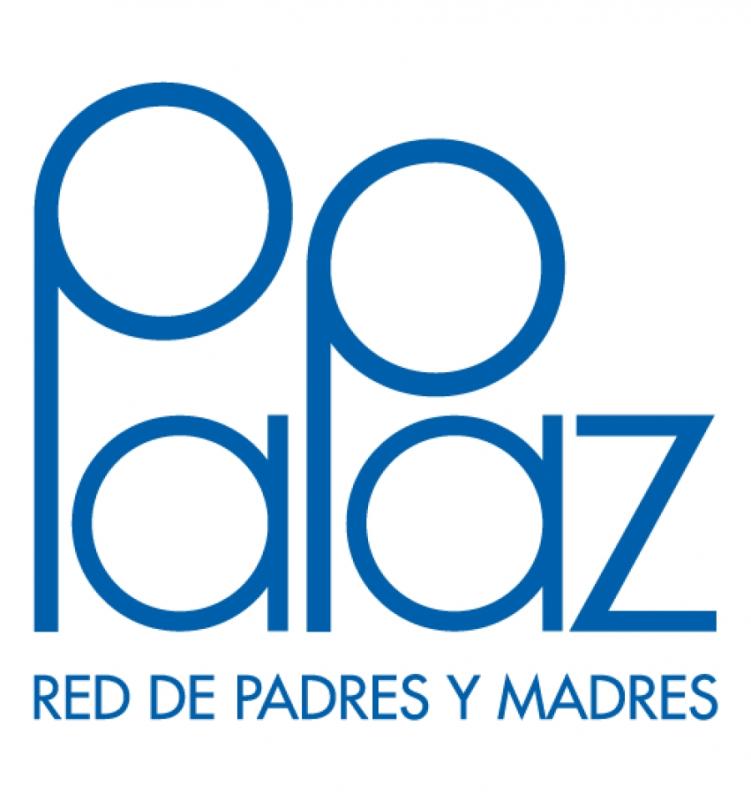





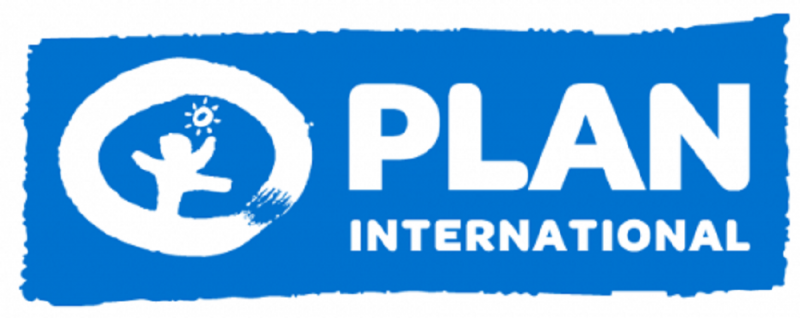
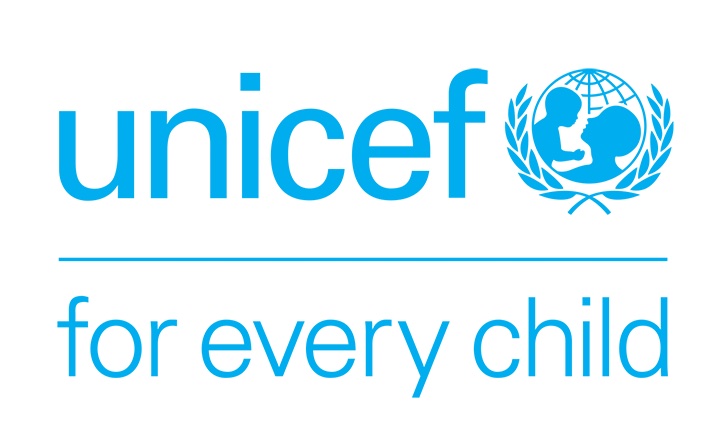



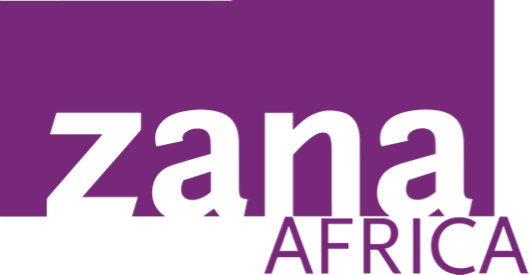




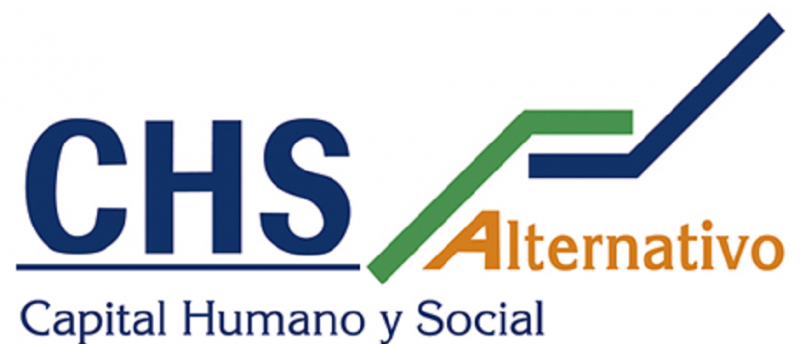

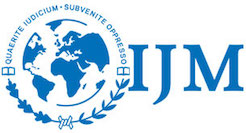

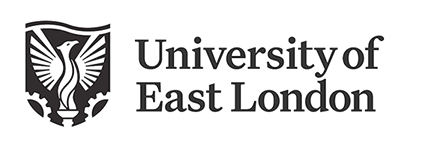





Subscribe to our monthly newsletter to keep up-to-date on the latest progress, news, events and reports from Safe Online and the wider community working to end violence against children.
Copyright Safe Online 2023 ©
All imagery is taken from the UNICEF image library. It is not available in the public domain.
We are here to ensure every child and young person grows in to the digital world feeling safe, and is protected from harm.
We support, champion, and invest in innovative partners from the public, private, and third sectors working towards the same objective.
We believe in equipping guardians and young people with the skills to understand and see danger themselves once accessing digital experiences without supervision.